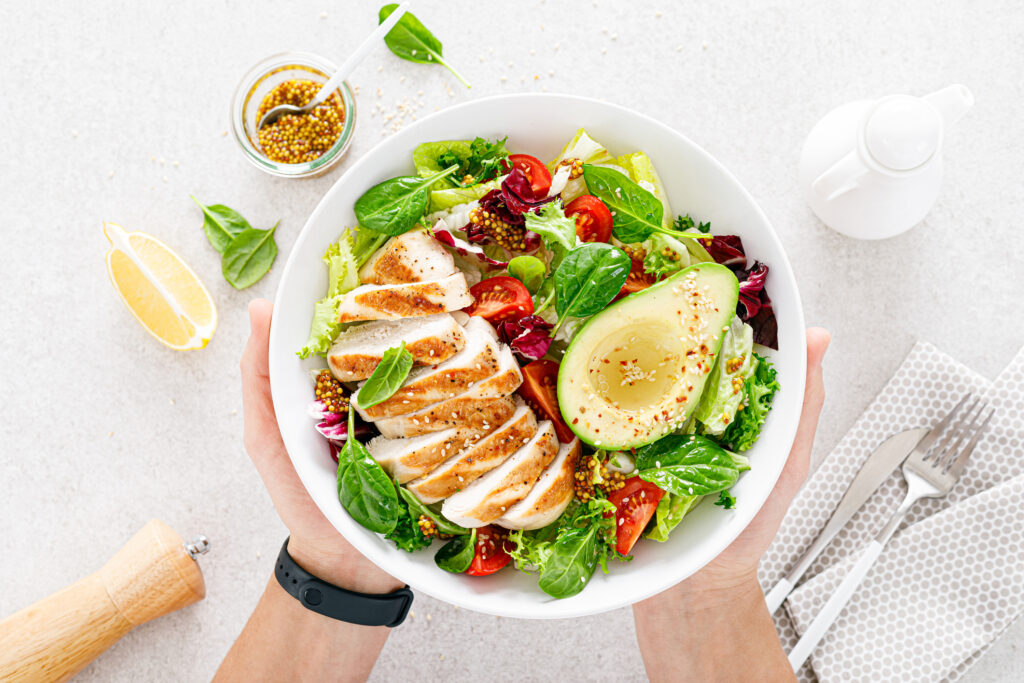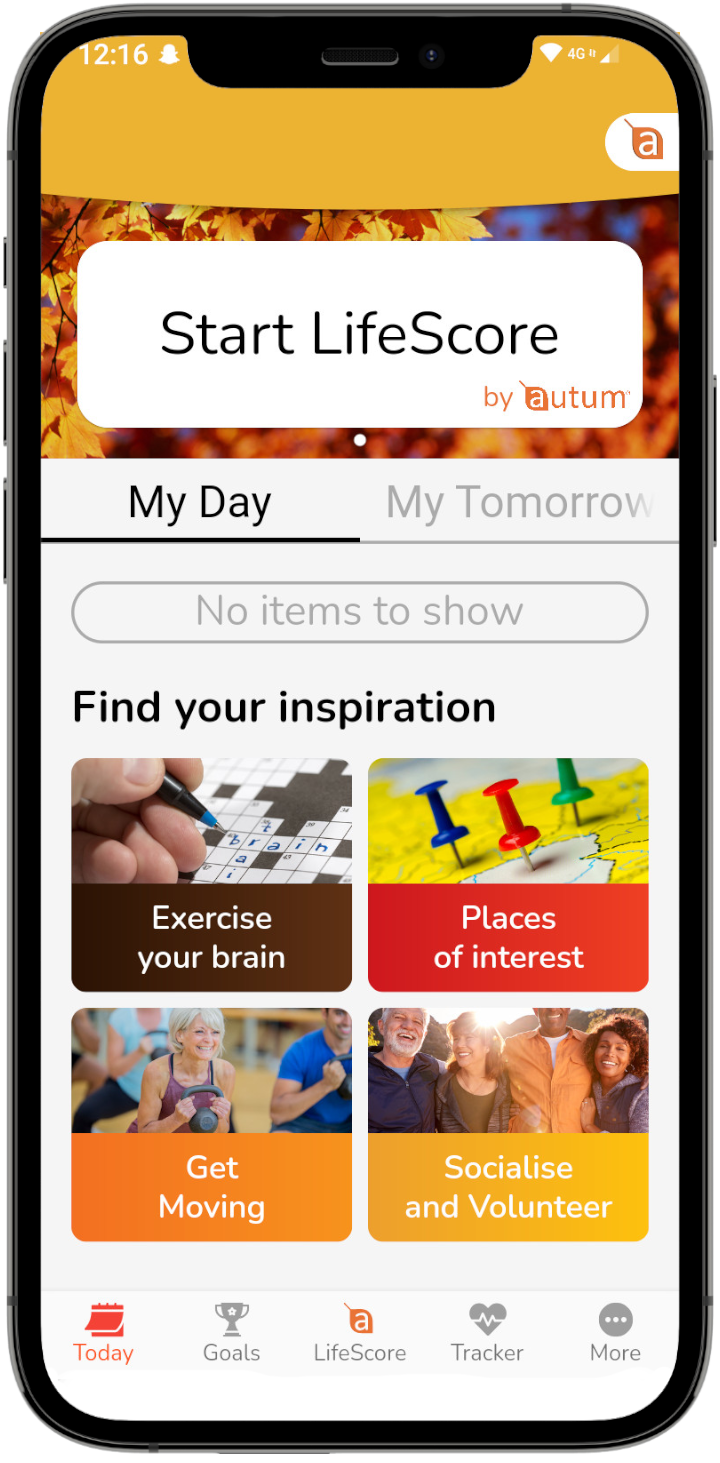Mastering motivation. How do we do it? Modern society is so geared towards convenience that it can be hard to get away from that desire for instant satisfaction in whatever we do. From fast food that is only the click of a button away to next-day delivery from online retailers, in most cases we can get anything we want within a matter of hours.
It’s no surprise then that we can often feel like we’re treading water with longer processes which makes it that much harder to make habits we can stick to. In fact, that feeling of hopelessness in the face of slow progress is a lot more common than you’d think, but what if we’re just going about things in the wrong way?
The science behind setting habits and maintaining motivation
That’s where a good old bit of science comes in. There are a few important things to remember when we’re trying to make or break habits. Probably the most important: start small. Now, it may seem counter-productive, but starting yourself off with smaller targets can actually be a much better idea in the long run than make wholesale changes to your daily routine.
If, for example, you’re looking to go veggie after years of eating meat, it can be far easier to commit to if you start phasing sausages and steaks out gradually. Even something as small as switching one meaty meal for a vegetarian option each week can have a positive benefit and can help normalise it so that it isn’t such a shock to your body.
Of course, this isn’t just limited to diet changes and can be applied to a wide range of issues. From cutting out snacking to leading a more active lifestyle, it all comes back to being fair to yourself and seeing habits for what they are: steps in a longer process. While we’ll all be at different points in that longer journey towards a healthy lifestyle, it can often be those first few steps which are the hardest.

First steps towards a healthy lifestyle: Tips to make starting your journey easier and managing motivation
So, with that in mind, what can we do to make starting from scratch easier?
Make it enjoyable!
Easier said than done, right? Well, actually, it can be.
One of the best ways that we can develop habits easier is to reward positive behaviour. Now, this may sound like the sort of thing we do when we’re training our misbehaving pets (or feral children!) but, the thing is, we’re all wired more or less the same. Psychology teaches us is that habits are all to do with chemical and hormonal response certain behaviours trigger in our brains.
Dopamine, which is often nicknamed the ‘happiness hormone’, is thought to be the main driving force behind the forming of habits and is directly linked to a sense of reward. By treating yourself with a small reward every time you actively stick to the habit you want to make, your brain will rewire itself ever so slightly to associate that action with the reward. Officially, this is called conditioning, and can really make the whole process a lot easier.
Keeping it realistic
As tough as it may seem, forget the magic ‘30 days’ – as lovely as this is as a benchmark for the initial conditioning process, it isn’t an absolute rule for everyone. This isn’t to say that the 30-day mark isn’t a fantastic achievement or an essential step to really cementing a habit, but the truth is you’re unlikely to see your new behaviours become automatic by this point. According to studies, the time it takes to make habits automatic can be anywhere between 18 and 256 days.
It’s not all doom and gloom!
Now, it’s not all doom and gloom: there are a few ways to make that period go by easier. One of the effective things we can do when forming habits is to simply take things slowly – it’s important to understand that all bodies are different and that this process is more a marathon than a sprint. By gradually building your way up towards a target, it will give your brain enough time to get used to the new behaviours without being too much of a shock to your system.
The NHS gives some gentle exercises to get you moving, if you’re not used to it. In a sense, then, it’s a bit like exercising a muscle; we wouldn’t expect our bodies to go from a gentle stroll to running a marathon without stretching and training our muscles first, so why do it to our brains?
Buddying Up
One of the best ways we can start changing our habits is by accepting that we don’t need to do it all ourselves. I know what you’re thinking: ‘But how am I supposed to change my own behaviour if I’m not doing it myself?’ Well, that’s just the thing – you might be putting in the legwork physically, but there’s a whole range of helping hands which can take a bit of the burden off your shoulders.
In the simplest sense, that could be ‘buddy’ who is committed to the same process, or even just someone to check in with. That companionship is a genuinely invaluable tool – as somebody who struggles with motivation towards exercise after a full day’s work, that little extra push that a friend can give has helped me stick to my routine even at the worst of times. Sometimes though, you needn’t even go this far; for dieting, something as simple as a post-stick note on your biscuit tin, or on your favourite sugary drink, can really help to cut those cravings.

Levelling up your lifestyle: How to take healthy habits to the next level and manage motivation
Now, while that’s all well and good for beginners, what are the best ways to step our resolutions and habits up to the next level?
The perks of planning
Well, one of the simplest ways you can build on what you’ve already got going on, is to make a detailed plan of targets over an extended period of time. Using our app, you can then break this down into weekly goals. Whether that involves walking an additional 10 minutes over six months towards an entire hour at the end of six months or adding something entirely new to your routine, preparation is key.
Believe it or not, developing new habits is thought to be easier when tied to existing ones. If, for instance, you swim once per week – and don’t have the luxury of having your own private pool (we can only dream!) – it would be significantly easier getting into the habit of walking to your local leisure centre to do so than if you were to start from scratch.
Write it down!
Sort of related to planning, one way that experts recommend which could help develop your new routine easier is to make physical notes of your progress. That needn’t necessarily be painstakingly noting down every detail of your day on a calendar, but the act of writing or typing the basics down can help to focus your thoughts and keep your commitments at the forefront of your memory.
The benefits of apps
That can all be done either short-hand or on a computer, but if you want to take it to the next level, though, why don’t we talk about the elephant in the room: apps.
As you can probably tell, I am a big advocate for fitness apps and online resources – and why not? Not only can these apps help chart your progress with heart-beat monitoring, pedometers which will tell you how many steps you’ve done each day and calorie counters, but they can also help socially too. With such a diverse range of helpful tools available at the touch of a button, there’s no better way to get the support we might need to take our health to the next level.
So, there you have it. Whether you’re taking your very first steps towards a healthier lifestyle, or are building on the foundations you already have, there are a few invaluable tips to bear in mind: treat it as a gradual process, don’t be afraid to get support wherever you can and, above all else, try to enjoy your journey to a healthier lifestyle!

To help us make Britain one million biological years younger take our autum Lifescore calculator to determine your biological age and use our autum app on Android or IOS to help improve your biological age today!
For more content like Maintaining motivation: 1st steps to making goals easier to stick to!, visit the Autum blog.



